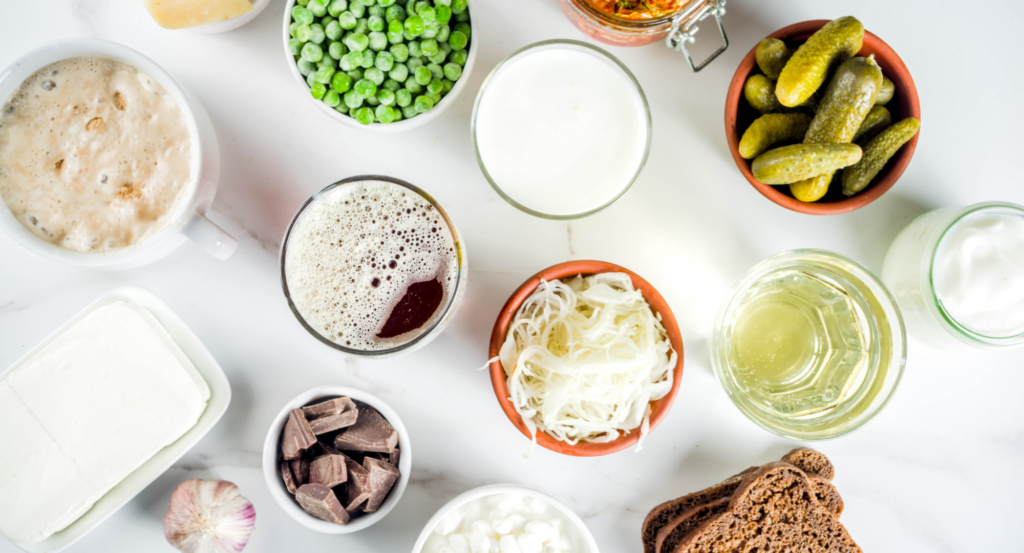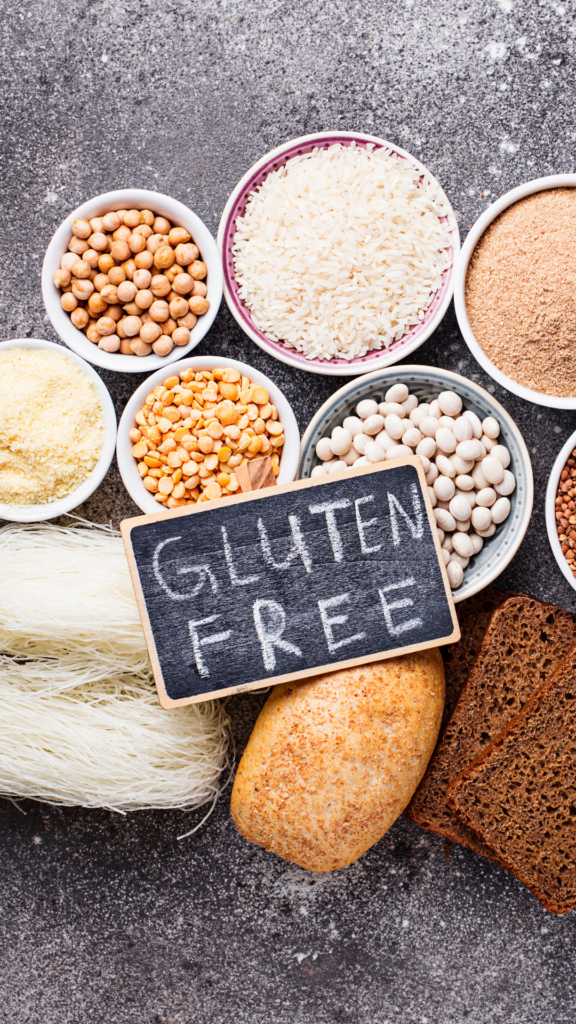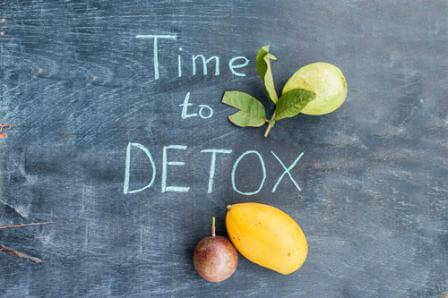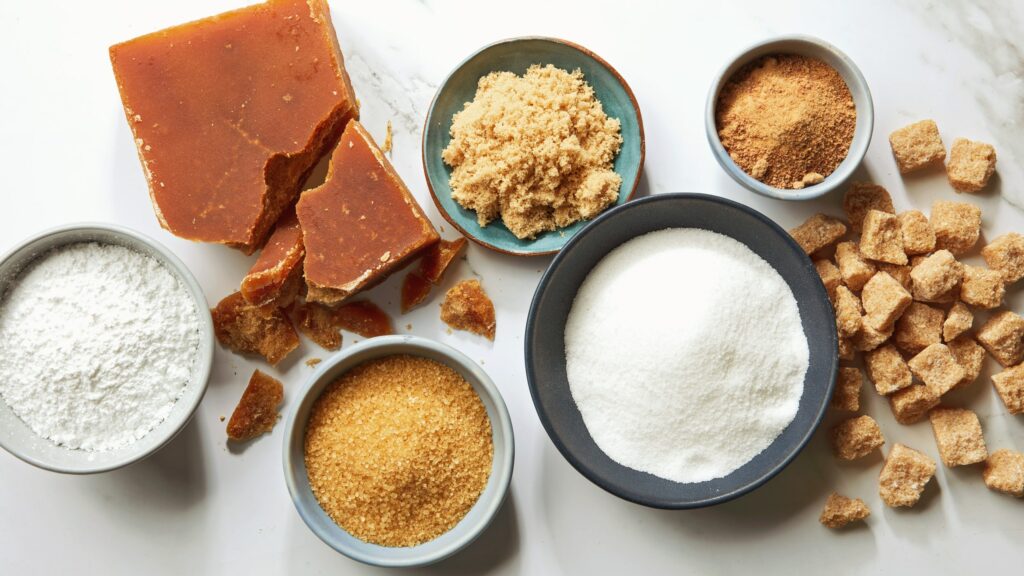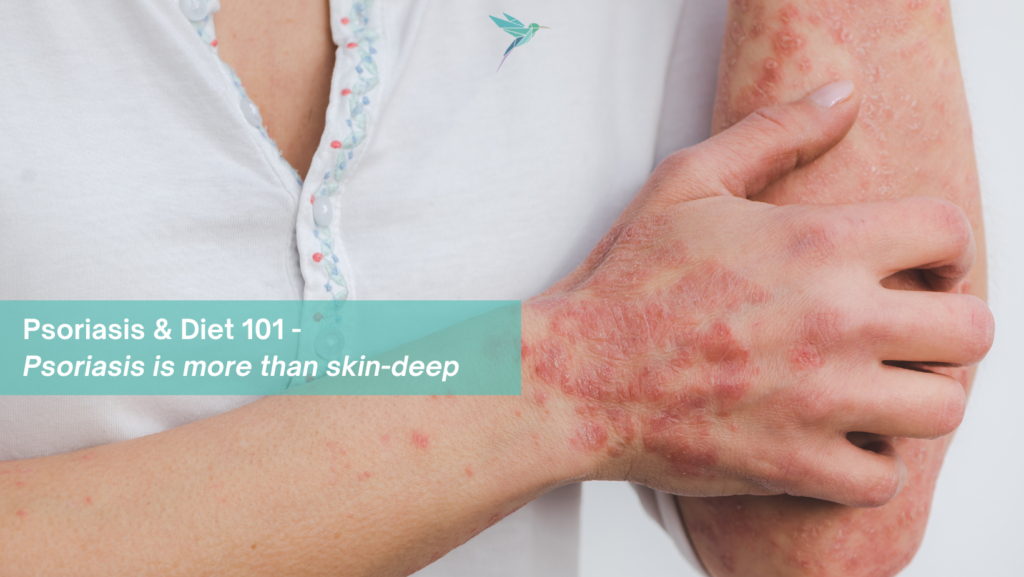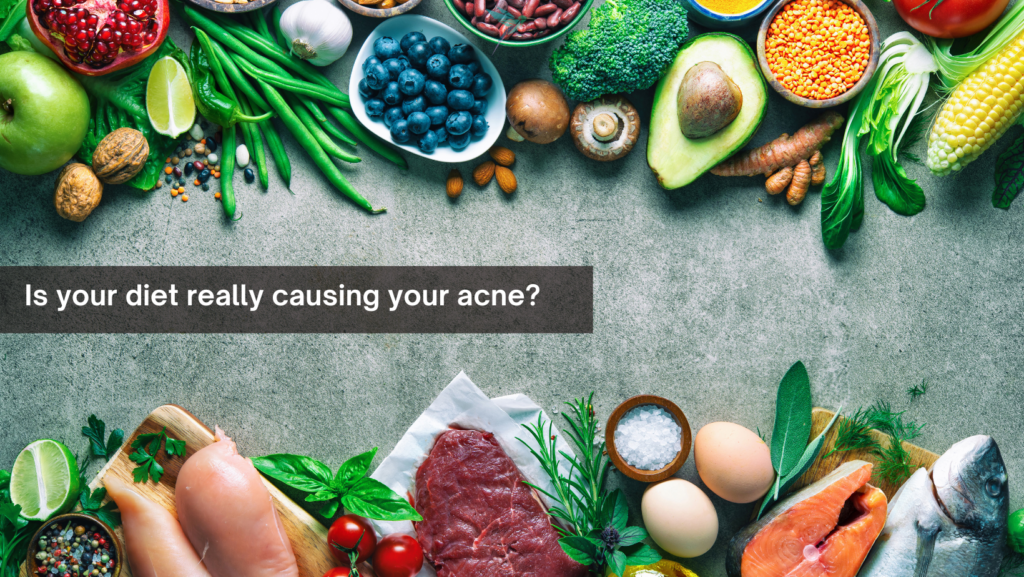PolyCystic Ovary Syndrome (PCOS) affects 1 in 10 women. Are you one of them? Symptoms like irregular periods, sudden weight gain, oily skin, acne, and mood swings could be signs of PCOS. With personalised nutrition strategies, an integrative Dietitian Nutritionist can support you on your PCOS journey. What is PCOS? […]
Read More
To fast or not to fast? If you’re asking whether intermittent fasting is for you, then here are 5 things to know:
Read More
Enter your health store and before you know it: your basket is full of a ton of so-called probiotic-containing products. Here’s 5 things to know about probiotics before ringing them up at the till:
Read More
Continuous Blood Glucose Monitoring (CGM) is at the top of any biohacker’s agenda. A CGM can track your blood glucose (sugar) levels in real-time, which provides information to allow for individualised recommendations – say hello to data-driven nutrition insights! Keep reading to learn why this could be the best test you could do for your health (and your skin!).
Read More
Firstly, what is gluten?
Gluten is not a lone ranger. Gluten actually refers to a group community of proteins found in various grains – such as wheat, gluten, rye and oats.
Read More
Beyond high-quality protein, an egg contains a wide-variety of essential nutrients and bioactive compounds that can beneficially impact skin health. But when it comes to recommending diets including eggs, often we need to ‘walk on eggshells’ since egg proteins can also potentially promote inflammation. Let’s do a deep dive into this egg-ceptionally complex food.
Read More
If you had to choose one New Year’s resolution that should appear on your list, it should be this: get 2021’s toxins OUT of your bodaaaaay!
Let’s face it, we live in a ‘toxic soup’ – if we’re not taking in a host of toxins through the air that we breathe in; then it’s the pesticides in our foods, the dyes & detergents in & on our clothes, the nasty chemicals in our household cleaning products, or the controversial ingredients in our skin care products. Unfortunately, chemicals seem to be lurking in every corner of life, and have resulted in some scary stats: Scientists estimate that the average adult carries within her or his body at least 700 toxins and that a new-born’s body can contain over 200 toxins!
Read More
You’ve probably heard a lot about ‘dysbiosis’, otherwise described as an ‘imbalance’ in community of microbes in your gut. Perhaps, you’ve been told that you have too many ‘bad’ bugs & not enough ‘beneficial’ bugs? Or, you’ve been told that you’ve got an ‘overgrowth’ of bugs higher up in the GI tract?
The above may be true for you, however, the science of testing & confirming whether the ‘diagnosis’ is IN FACT true is complex. Learn whether a gut microbiome test is the test you’ve been looking for to shed light on your symptoms.
Read More
Coconut sugar vs brown (cane) sugar; honey vs maple syrup and bananas vs dates…
Who is going to come out tops in the natural ‘real sugar’ wars? Keep reading to find out!
Read More
Broadly speaking, sweeteners are categorized into Nutritive – those that provide calories – and Non-Nutritive Sweeteners– those that are low in calories or contain no calories at all. The latter truly does sound like a dream – it’s all we’ve ever wanted: sweetness without the detrimental health side-effects!
Let’s hone in on these Non-Nutritive Sweeteners to see whether they are a ‘sweet-yay’ or ‘unsweet-no’!
Warning: Although sweet, this article may leave a bitter aftertaste.
Read More
Before stepping into your doctor’s room, there’s one thing that you should know: psoriasis is not just a ‘skin thing’. Psoriatic disease is associated with systemic inflammation (an inflammatory response throughout the body), and occurs when inflammatory signals (produced by your immune system) infiltrate into the skin; causing certain areas of your skin to produce new cells more rapidly than normal, which can lead to thickening and scaling.
Read More
Diet has remained a part of the ‘acne discussion’ for years. It’s time that you listen in!
At TASH 360, nutrition has made its way into almost every conversation as we understand that food plays a pivotal role in the factors that influence the development and progression of acne – whether it be genetics, hormone balance, inflammatory responses, your gut health, your stress and anxiety levels, or your body’s ability to eliminate environmental toxins.
Nutrients communicate with your body on a cellular level. Learn about 3 food groups that say ‘sweet things’ to your cells; essentially, loving on your skin and keeping you free of unwanted, angry spots:
Read More



